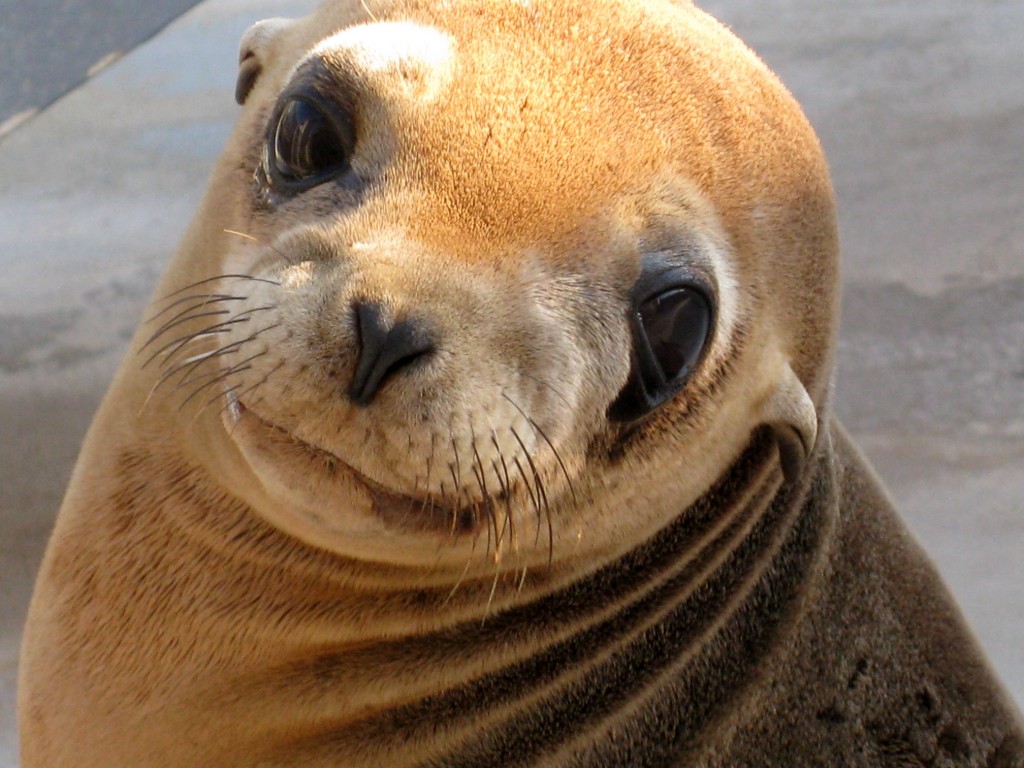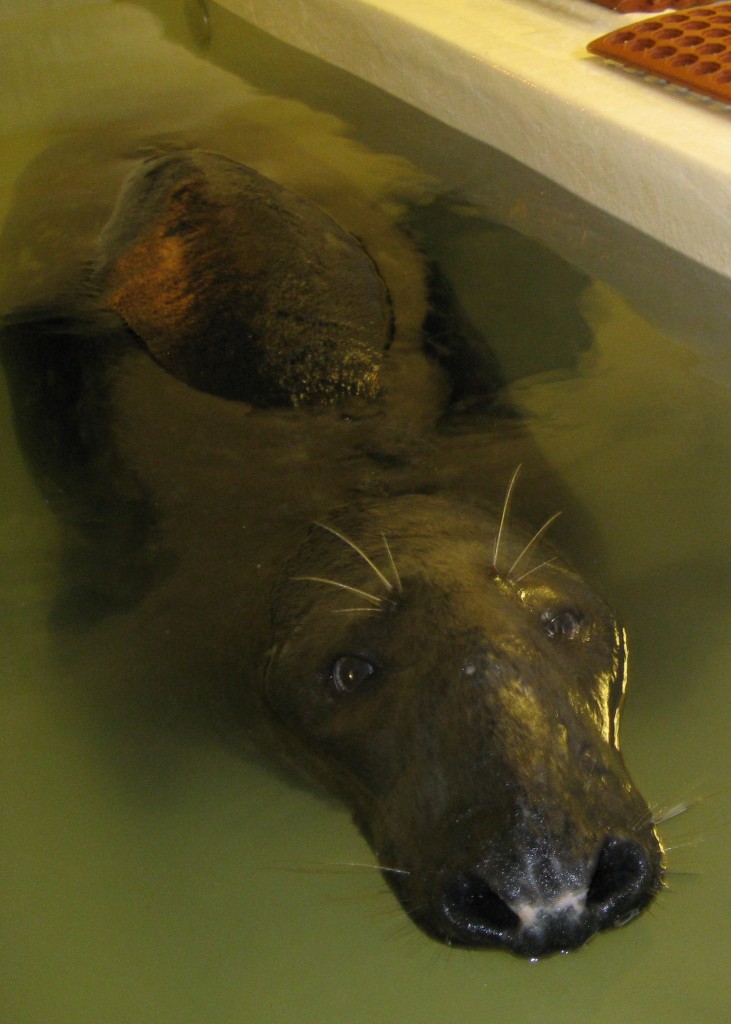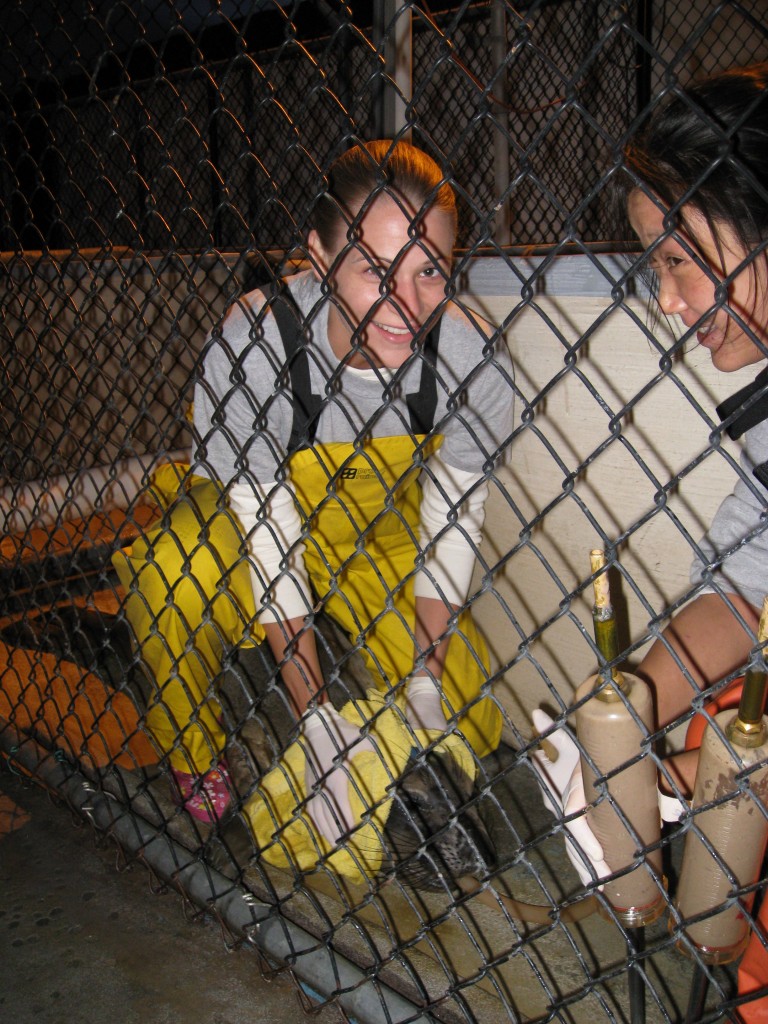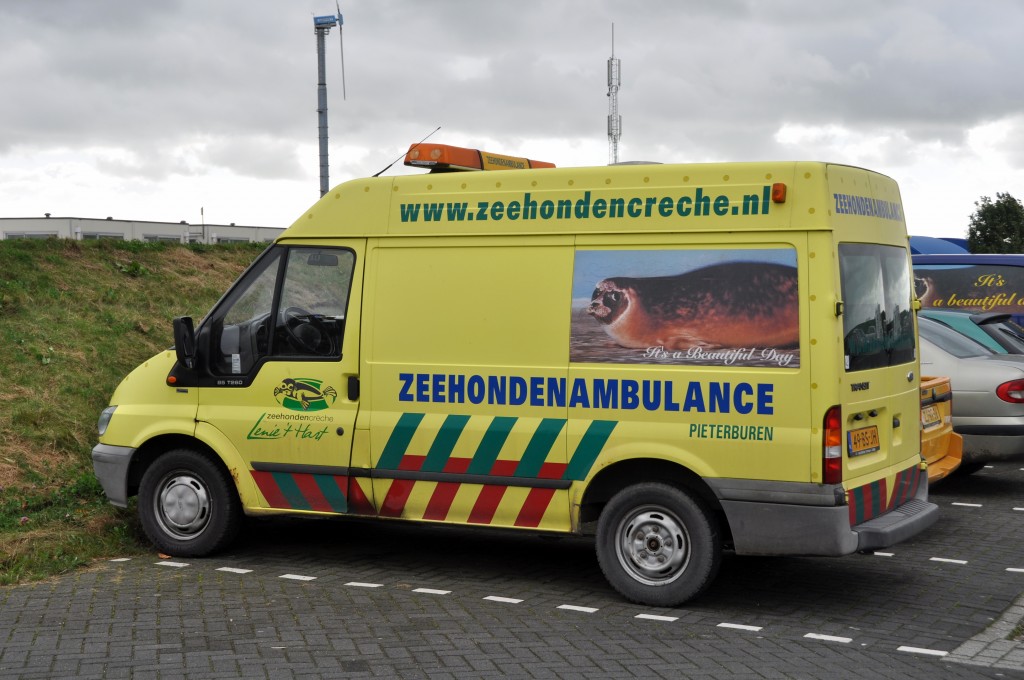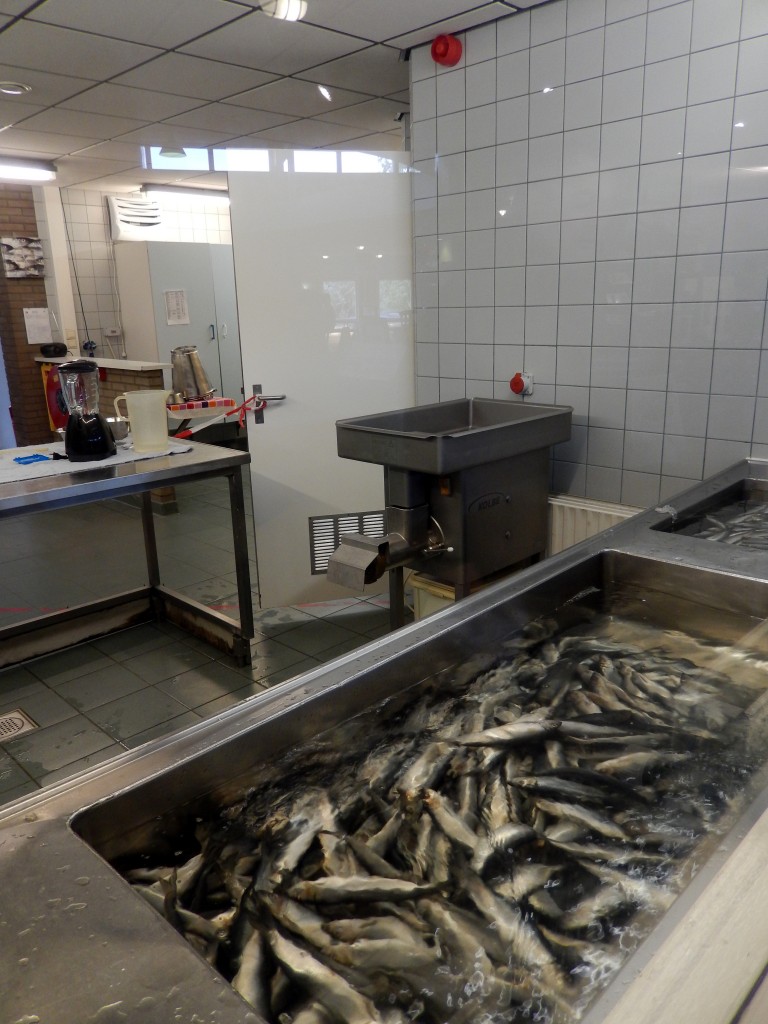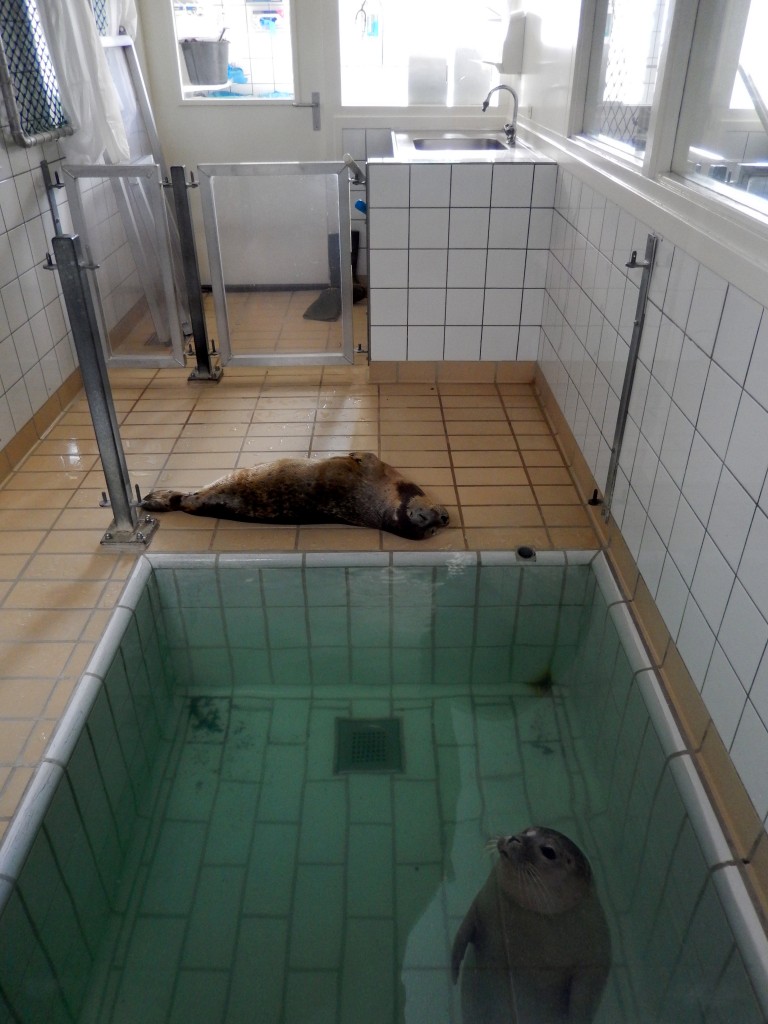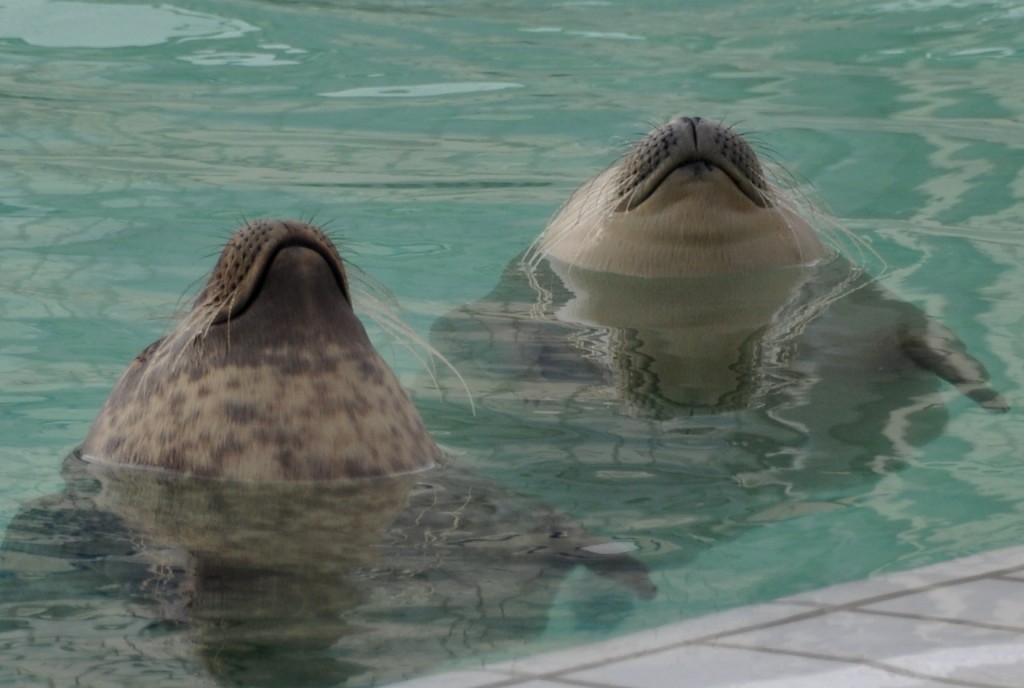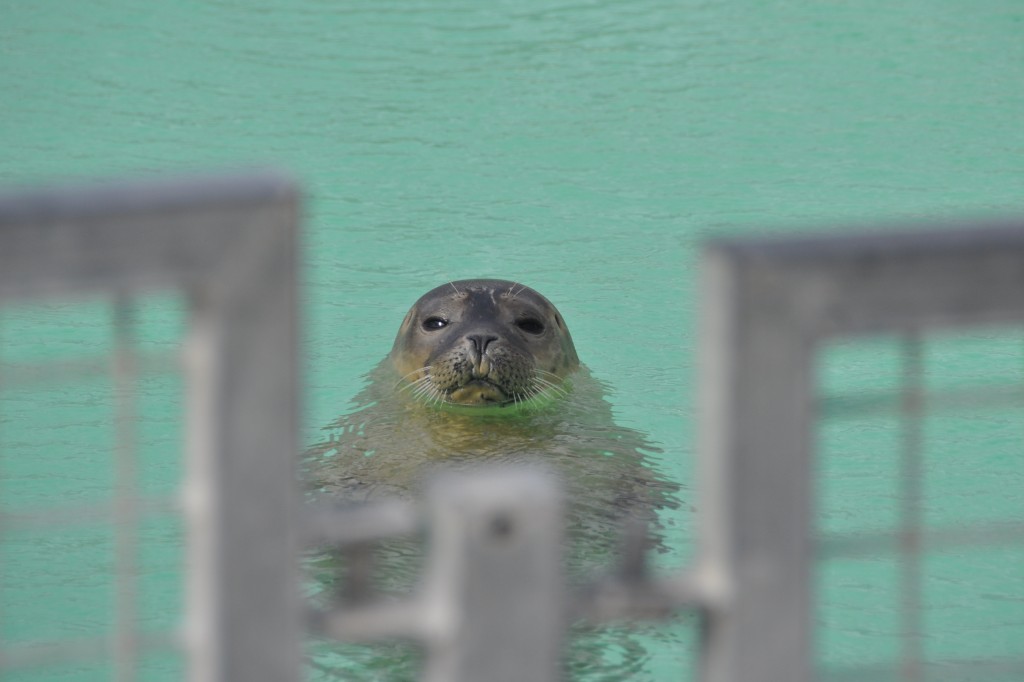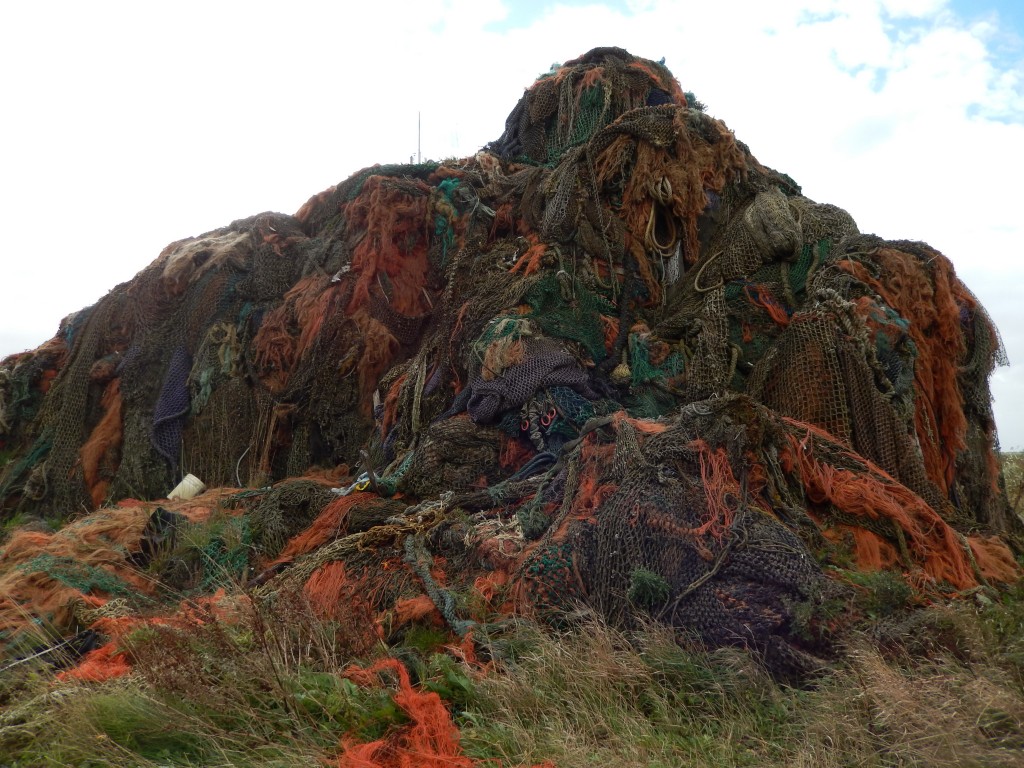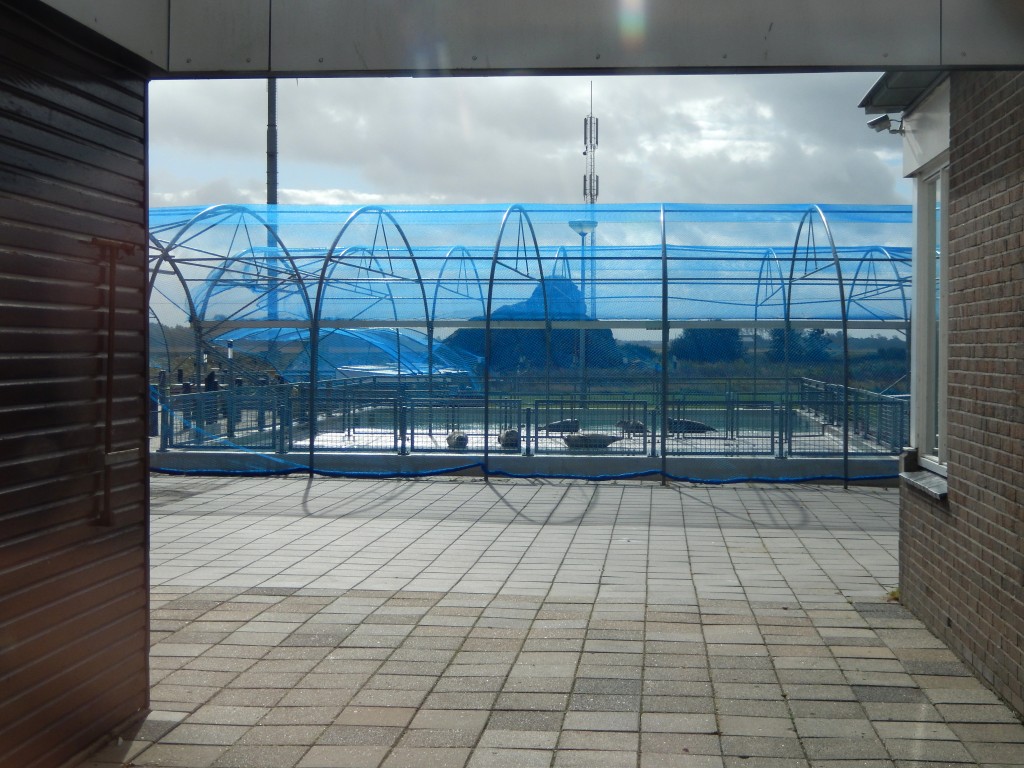A long time ago I found myself far from home, married to a man who left and wouldn’t return for “four to six months”, unfulfilled at work, and as a general whole: lonely. These became the catalysts for a life-long love affair with pinnipeds. (You know what they are, you just don’t know the fancy name! Pinnipeds = seals, sea lions, walrus.)
I began to volunteer at The Marine Mammal Center in Sausalito, California and then at The Marine Mammal Stranding Center in Brigantine, New Jersey. For six years, from coast to coast, I spent my free time scrubbing pinniped poop, decapitating fish, stuffing pills up fish butts, and in general being covered in feces, blood, snot, and liquefied fish. I loved it! Nothing solidifies friendships like sharing a few laughs over some poop!
My cutest patient in California:
My ugliest patient on the Jersey Shore:
Me, with the infamous pink boots, prepping an elephant seal pup for dinner of “fish mash”.
Then we moved to Germany…where the ocean is 500 miles away at best and seals don’t find themselves lost in the Rhine River. I miss those little stinkers!
I came to find out that in the Netherlands there is a “Zeehondencreche” which has a relationship with The Marine Mammal Center in Sausalito. You bet your sweet blubber that we were headed there while visiting the North Sea!
The rehabilitation center is the largest in the region and had 60+ pinnipeds in house during our visit. Dealing mainly with harbor seals, the creche has facilitates to accommodate the animals during all stages of care: quarantine, intensive care, x-ray, convalescence, and unfortunately also autopsy. They even have an ambulance!
All these chubsters are in the convalescence area and waiting for their release back into the North Sea.
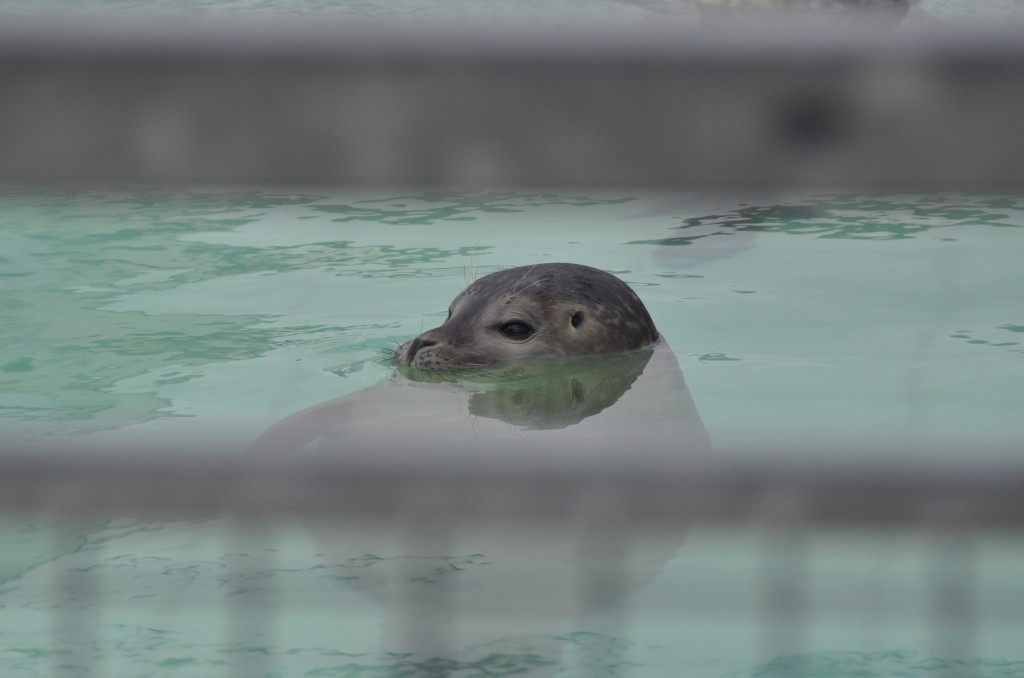 Behind the facility is a huge mountain of fishing nets. Since 2001 the creche has been collecting the nets that are entangled around animals coming into the center. It’s unbelievable how high the pile is, and that doesn’t even include the thin, clear filament used by recreational fishermen.
Behind the facility is a huge mountain of fishing nets. Since 2001 the creche has been collecting the nets that are entangled around animals coming into the center. It’s unbelievable how high the pile is, and that doesn’t even include the thin, clear filament used by recreational fishermen.
The creche is contributing to the world’s body of pinniped research and the focus of many biologists’ PhD dissertations. Pinnipeds are at the top of the food chain in the North Sea, meaning that they are used as an indicator species for the health of the marine ecosystem. Healthy pinnipeds mean a healthy ocean and a healthy ocean means a healthy world!

